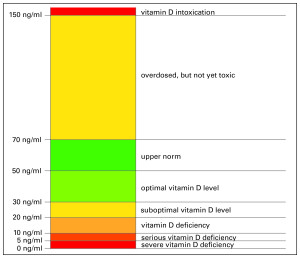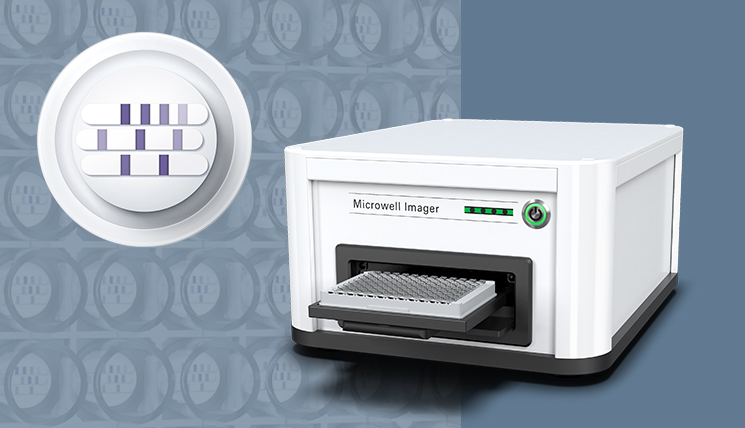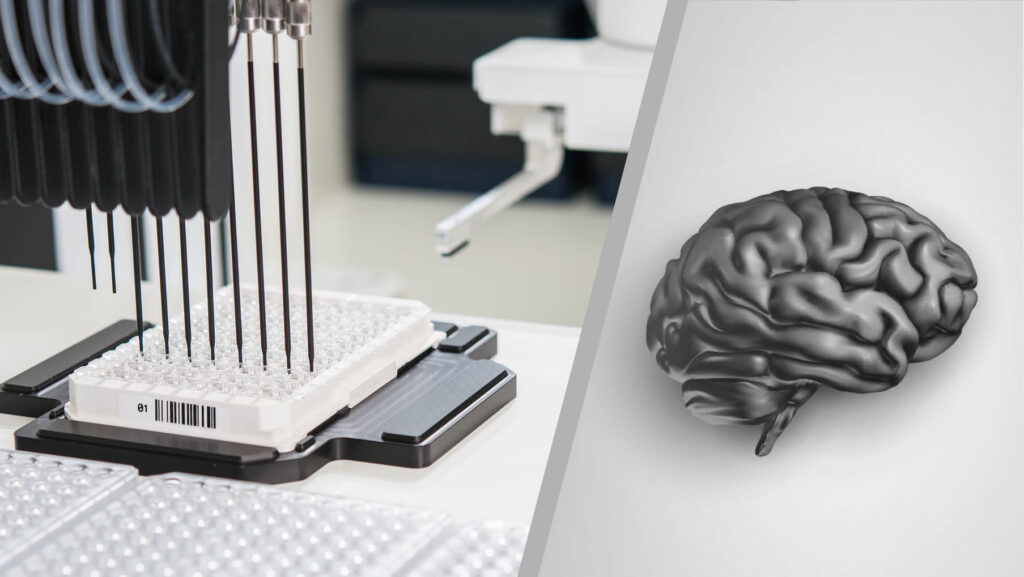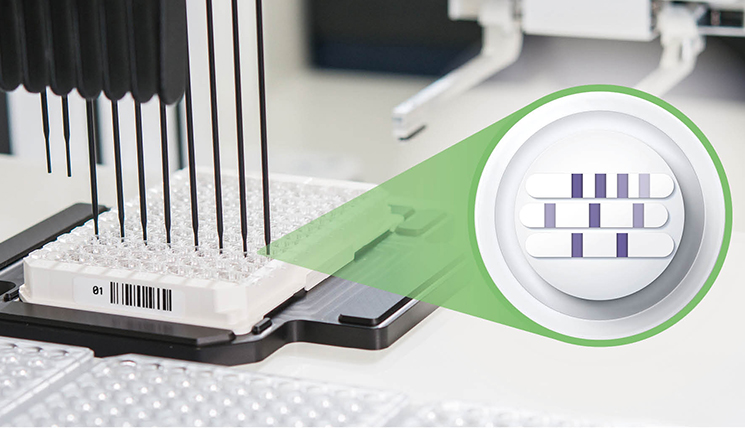Slowly but surely the long dark winter months come to end – fortunately, since this season is reason enough for many people to sink into melancholy. But winter depression and tiredness could actually have a medical reason, namely vitamin D deficiency. Vitamin D is in short supply in winter because people need UVB rays from the sun on the skin to produce vitamin D in the body. In the winter season there is just not enough sun in northern climes.
The first signs of vitamin D deficiency are:
- Tiredness and listlessness
- Muscle cramps, bone softening
- Susceptibility to infections
- Chronic gum disease
Further, a long-lasting vitamin D deficiency increases the risk for many diseases such as:
- Cardiovascular diseases (high blood pressure, cardiac insufficiency)
- Diabetes mellitus
- Intestinal, prostate and breast cancers
- Respiratory diseases, chronic asthma
- Osteoporosis, osteochondritis
- Depression, dementia
Testing vitamin D provision
The individual vitamin D level can be checked in a blood sample at the doctor’s. Testing is particularly important for the following risk groups:
- Small children and the elderly
- Persons who only rarely expose their skin to sunlight during the whole year (e.g. due to working in an office, or complete covering the body for religious reasons)
- Persons with dark skin pigmentation
- Inhabitants of high latitude regions (regardless of the season)
- Patients with kidney or liver insufficiency or chronic intestinal inflammation
Directly after synthesis, vitamin D is converted into the storage form 25-OH vitamin D and is therefore only detectable for a short time. The storage form on the other hand remains at constant concentration over a longer time period and is therefore ideal for determining the vitamin D status in the body.
 The EUROIMMUN 25-OH-Vitamin D ELISA (order number EQ 6411-9601) is a test used by doctors to measure patients’ vitamin D levels quickly and precisely. It is used both for first diagnosis and in the case of an established deficiency to monitor treatment with food supplements. Results are available in less than 3 hours. A value of 30-50 ng/ml is optimal, a value of less than 30 ng/ml is considered suboptimal and a value of 20 ng/ml or under indicates a deficiency.
The EUROIMMUN 25-OH-Vitamin D ELISA (order number EQ 6411-9601) is a test used by doctors to measure patients’ vitamin D levels quickly and precisely. It is used both for first diagnosis and in the case of an established deficiency to monitor treatment with food supplements. Results are available in less than 3 hours. A value of 30-50 ng/ml is optimal, a value of less than 30 ng/ml is considered suboptimal and a value of 20 ng/ml or under indicates a deficiency.
The quality of the ELISA is checked regularly in special quality assessment schemes. In the latest quality assessment scheme from January to October 2014 (DEQAS), the EUROIMMUN ELISA gave the best performance of eight tests used by participants for measuring 25-OH vitamin D concentrations. The ELISA results showed a very good correlation with the target values provided by the quality assessment organisers (correlation coefficient 0.93).





